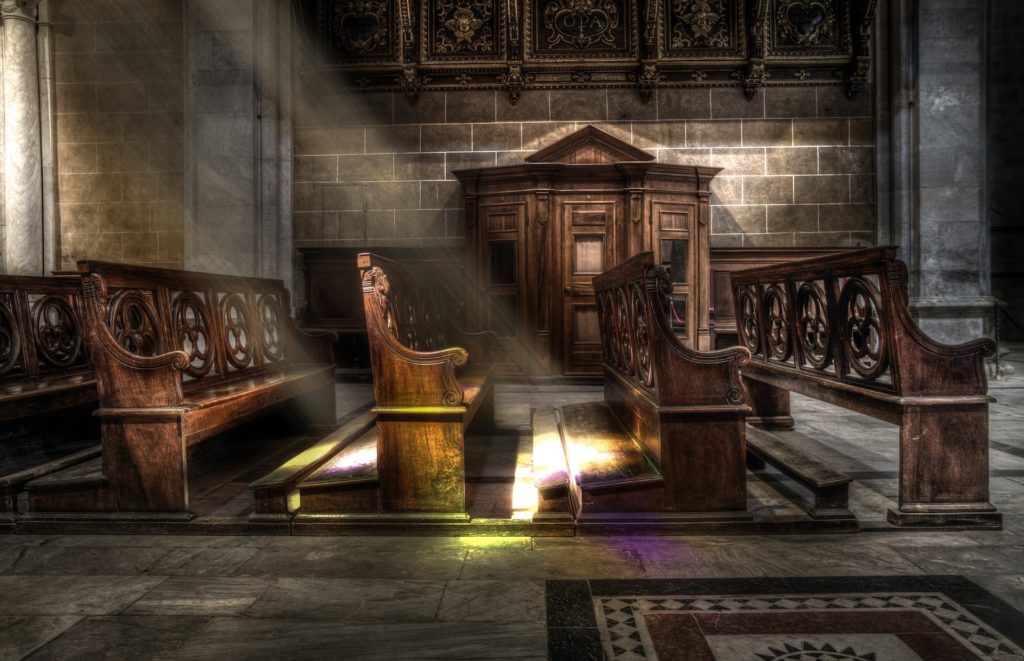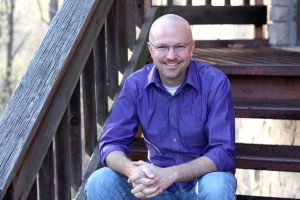
While research increases our understanding, and medical science provides more treatment, there are elements of recovery that remain in the realm of spirituality. Does faith and treatment for substance abuse go together?
Peter Hill, of Biola University, suggests that spirituality is our “thoughts, feelings, and behaviors related to…the transcendent.” In other words, spirituality relates to the questions of the human heart. If you are seeking treatment for an addiction, you will likely encounter questions of faith, hope, and love.
Hope vs. Despair
Addiction brings people to their knees; both those who are addicted and those who love them. If you are to recover, you will journey and explore some dark places in your story and in your heart.
The darkness is different for every individual. Darkness doesn’t mean that there is something inherently wrong with you. Rather, it comes from living in a sometimes broken world and sometimes self-protecting in ways that are painful to both self and others.
It may be trauma that resides near the origins of your addiction, or it may be trauma done to others because of your addiction. Either way, to recover, these dark places will need to be looked at more closely.
If you are to have the strength to do this and not succumb to despair, you will need an anchor to something bigger than what you have held on to until now.
Faith vs. Fear
 Your substance abuse has become a familiar, comforting routine. One which has helped you overcome, avoid, or face your fears.
Your substance abuse has become a familiar, comforting routine. One which has helped you overcome, avoid, or face your fears.
Unfortunately, it now thrives on the fear of the consequences your addiction has created. Will you be found out? Will the consequences be beyond repair? Faith becomes an essential resource to face your fear.
With faith in something Greater than you, survival becomes an option, and you explore alternatives ways to comfort and provide safety.
Love vs. Shame
The hidden behaviors. The self-hatred. The self-perception of failure that drives you back to your addiction of choice (this may be the most bitter of all the consequences).
How will you survive? By stepping toward Love. By being known. By taking a new kind of risk—one that feels more terrifying than the risk of another hit or drink, but one that actually roots you in the kind of Life you need for recovery.
Faith and treatment for substance abuse should go together. Don’t neglect spirituality in your journey to recovery. It is the Source which provides the strength to face the darkness.
Resources:
1. Hill PC, Pargament KI, Hood RW, et al. Conceptualizing religion and spirituality: points of commonality, points of departure. J Theory Soc Behav 2000;30:51–77.
About the Author:
 Travis Stewart, LPC has been mentoring others since 1992 and became a Licensed Professional Counselor in 2005. His counseling approach is relational and creative, helping people understand their story while also building hope for the future. Travis has experience with a wide variety of issues which might lead people to seek out professional counseling help. This includes special interest in helping those with compulsive and addictive behaviors such as internet and screen addiction, eating disorders, anxiety, and perfectionism. Specifically, he has worked with eating disorders since 2003 and has learned from many of the field’s leading experts. He has worked with hundreds of individuals facing life-threatening eating disorders in all levels of treatment. Travis' website is wtravisstewart.com
Travis Stewart, LPC has been mentoring others since 1992 and became a Licensed Professional Counselor in 2005. His counseling approach is relational and creative, helping people understand their story while also building hope for the future. Travis has experience with a wide variety of issues which might lead people to seek out professional counseling help. This includes special interest in helping those with compulsive and addictive behaviors such as internet and screen addiction, eating disorders, anxiety, and perfectionism. Specifically, he has worked with eating disorders since 2003 and has learned from many of the field’s leading experts. He has worked with hundreds of individuals facing life-threatening eating disorders in all levels of treatment. Travis' website is wtravisstewart.com
The opinions and views of our guest contributors are shared to provide a broad perspective of addictions. These are not necessarily the views of Addiction Hope, but an effort to offer a discussion of various issues by different concerned individuals.
We at Addiction Hope understand that addictions result from multiple physical, emotional, environmental and genetic factors. If you or a loved one are suffering from an addiction, please know that there is hope for you, and seek immediate professional help.
Reviewed and Approved by Jacquelyn Ekern, MS, LPC on September 5, 2019
Published September 5, 2019, on AddictionHope.com
